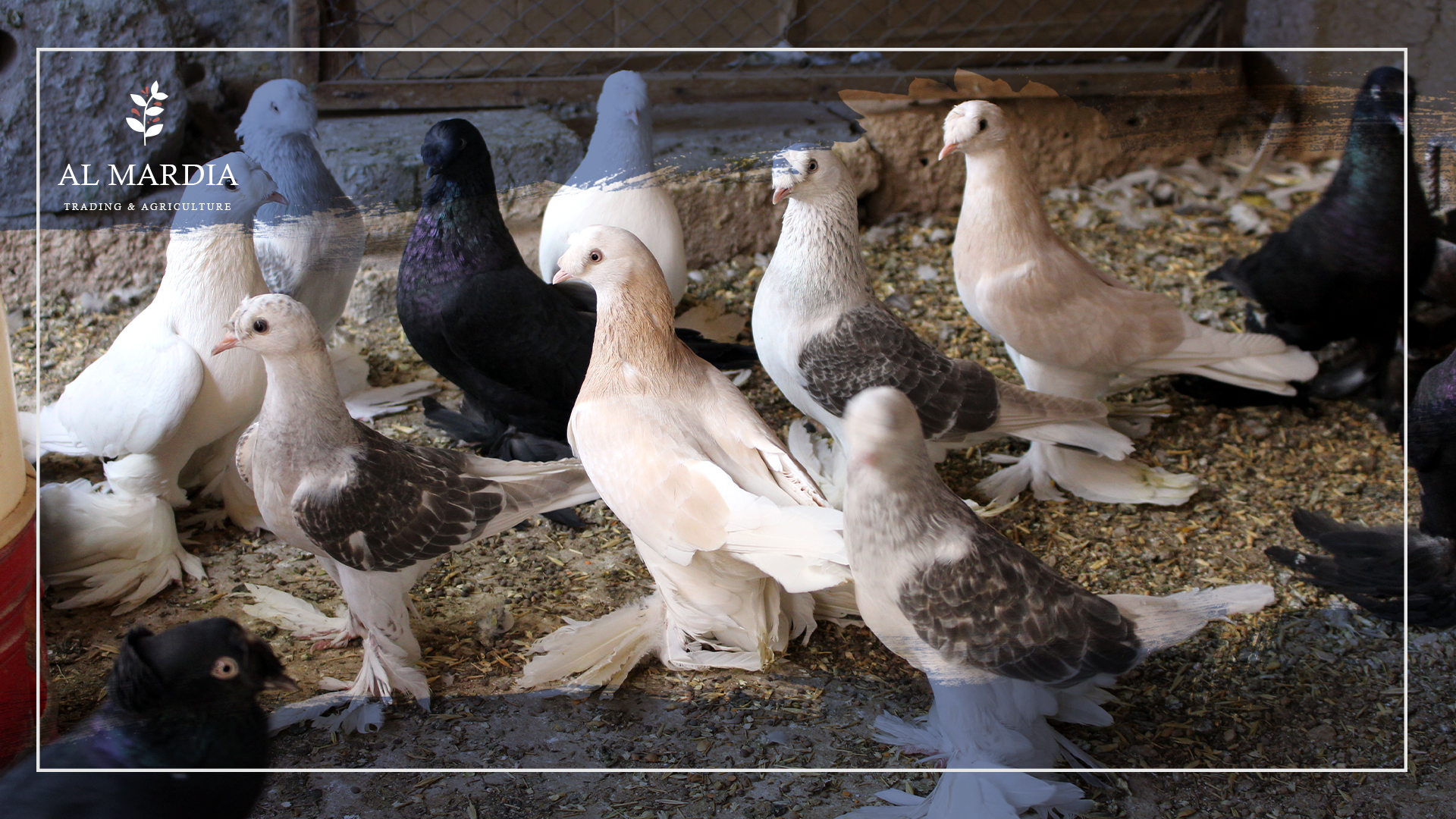
Birds And Respiratory Diseases
Respiratory diseases in pet birds are a growing concern due to the range of possible causes. Early diagnosis by a veterinarian and appropriate treatment can make all the difference in a successful recovery. Unfortunately, many respiratory illnesses can be difficult to identify without specialized testing and experienced veterinary care. To keep your birds healthy, it is important to be aware of the signs of potential respiratory problems and to seek timely medical attention when needed. In this article, we will give a necessary overview of birds and respiratory diseases.
What could cause respiratory disease in pet birds?
- Respiratory problems can be caused by a variety of factors, and one of them is an inadequate diet. Many pet birds are fed a diet consisting largely of seeds, which contain very little vitamin A which is considered a crucial nutrient for the normal functioning of their respiratory systems. Without this vital vitamin, birds are more prone to developing respiratory diseases and infections.
- Deficiency of Vitamin A can lead to the alteration of epithelium which makes it more prone to bacterial invasion. However, Various pathogens like parasites, tumours, fungi (e.g., Aspergillus) and viruses can be responsible for respiratory infections as well. Furthermore, Mycoplasma bacteria and especially Chlamydophila bacteria can lead to parrot fever in birds.
- In some cases, expansion of the organs caused by tumours or infections can lead to serious respiratory issues because of the pressure exerted on the airways. This type of problem is more common in birds due to their delicate respiratory tracts.
- In rare cases, environmental irritants can also lead to symptoms of respiratory illnesses like sneezing due to inflammation.
- Birds can show signs of respiratory problems if they are exposed to environmental pollutants such as smoke and aerosols.
“Exposure to excessively heated Teflon cookware can lead to sudden death in birds due to the emission of an odourless and colourless vapour. For this reason, it is not recommended to use nonstick cookware or any Teflon-coated appliances, like stoves and toaster ovens, around birds.”
Diagnosis of Respiratory Tract Infection:
Proper diagnosis of your pet bird’s illness is essential for its well-being. Your veterinarian will conduct a thorough examination and consider all the symptoms present to make a correct diagnosis. To aid in this process, they may perform various tests to identify the underlying cause of the symptoms. These tests can range from blood tests and imaging studies to biopsies, depending on the suspected condition.
An examination of your bird will include an overall evaluation of the pet, both physically and behaviorally. Other factors that may be considered, depending on the specific case, include age, diet and cage environment. Through these tests, it is possible to identify the presence of bacteria, viruses, parasites and fungal infections.
Avian allergies can be identified through blood tests that measure white blood cell counts as well as skin biopsies that include feather follicles. A clear description of all environmental exposures and the symptom timeline can help a vet pinpoint the particular allergen bird. In such cases, the resolution of symptoms often follows the removal of the allergen from their environment.
If your veterinarian believes there is a mass or tumour present, X-rays, ultrasounds and CT scans may be used for confirmation.
Related Topic: Healthy Treats For Your Pet Birds
Respiratory diseases symptoms:
Birds are susceptible to respiratory diseases, which can manifest in a wide variety of clinical signs. The respiratory tract of birds is divided into the upper airways (nasal passages, sinuses, trachea) and lower airways (bronchi and lungs).
Different types of infections can affect different parts of the respiratory tract, resulting in different clinical signs. By understanding the anatomy of the bird’s respiratory system and the types of infections it may experience, it is possible to accurately diagnose and treat a bird’s respiratory illness.
symptoms can range from a simple voice change to difficulty breathing. Infections of the trachea may cause minor changes in the bird’s voice, while infections of the lungs or air sacs may result in more severe respiratory distress. It is important to monitor your bird’s respiratory health closely so it can receive prompt treatment if necessary.
Certain types of birds suffering from respiratory problems may show symptoms such as watery eyes, sneezing, coughing, wheezing and nasal discharge. Even if their condition is mild, they may appear dishevelled, fail to perch or keep their eyes closed.
Respiratory disease treatment:
- After the correct diagnosis is made, it may be recommended to take a course of antibiotics if the problem is bacterial in origin. For fungal infection, such as aspergillosis, oral or nebulized antifungal medications are prescribed. In addition, parasitic infections can be treated with oral or injectable anti-parasitic drugs like air sac mites. Breatheze
- If an animal is suffering from dietary deficiencies, the diet is adjusted and vitamin supplements are added to address any suspected vitamin A deficiencies. Severely ill birds are placed in a hospital setting where injectable and aerosolized medications can be administered, as well as force-feeding and IV fluids if necessary.
- Accurate diagnosis and timely treatment of birds suffering from respiratory illnesses are vital to ensure a successful outcome.
You can now check the full list of Avian Products
produced by Almardia Group
Common Questions:
-
How do you treat a bird with respiratory problems?
In the beginning, oxygen is the best treatment for a bird with respiratory distress from this ailment. Your vet may also think about using glucocorticoids or other anti-inflammatory medications. To manage it in the long run, optimal air and ventilation quality is necessary.
-
How long can a bird live with a respiratory infection?
Respiratory infections can be fatal for birds, with death occurring within a short timeframe. Unfortunately, the prognosis of birds suffering from respiratory infections is poor and they may succumb to their illness within one to two weeks.
-
Why do birds get respiratory infections?
The respiratory health of birds can be negatively impacted by a number of environmental factors, including exposure to Aspergillus fungus. Aspergillosis is an infection caused by the spores of the fungus. It is often responsible for respiratory distress in birds. The spores can be found in contaminated food, dust, and even the air itself, making it difficult to avoid exposure.





